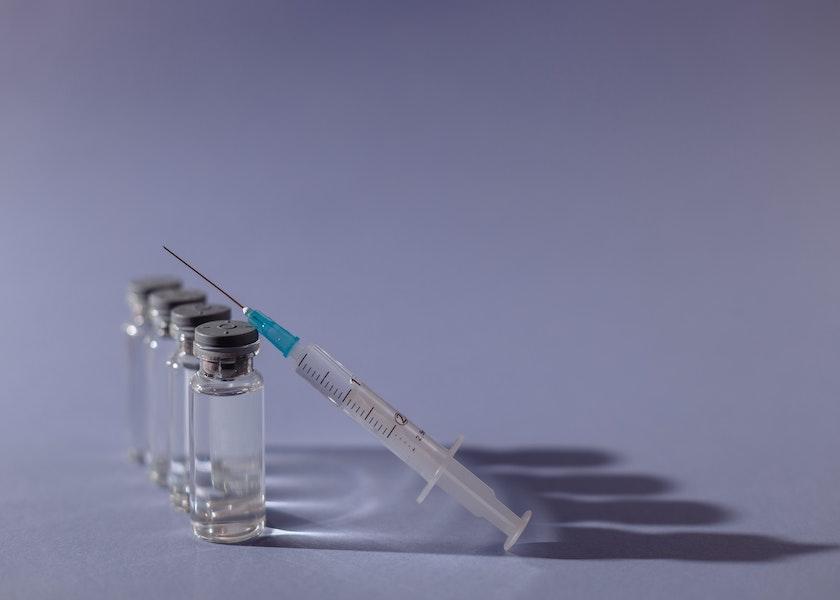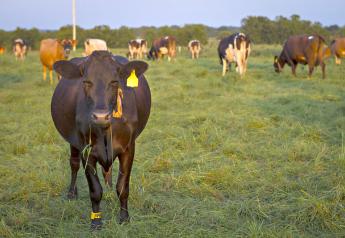Over-The-Counter Livestock Antibiotics Officially a Thing of the Past

Farmers have had months to prepare, but on June 11, the FDA’s new directive “Guidance for the Industry #263” will officially go into effect. This means over-the-counter (OTC) livestock antibiotics will no longer be available through traditional retail channels. Instead, these antibiotics will now require a prescription from a licensed veterinarian.
According to the FDA, this is part of a broader effort to combat antimicrobial resistance, a serious threat to both animals and the public health. While livestock producers are continuously working to practice judicious antibiotic usage, this guidance will provide consumers with an extra layer of assurance.
“It's a confidence thing,” says Jim Lowe, DVM, director of the College of Veterinary Medicine I-Learning Center at the University of Illinois. “The regulators have said, ‘Listen, we want some more oversight here, so we have more confidence in the supply chain.’ My perception is we're not changing what we're doing. We're just going to document and tell people what we're doing better. It's about transparency.”
While the guidance states that livestock producers will need to obtain a valid prescription from a licensed veterinarian with whom they have a veterinarian-client-patient-relationship, the prescription status does not require that these products be purchased directly from a veterinarian. Instead, the FDA notes that you may be able to buy prescription animal drug products from various suppliers or distributors pending certain state requirements. These suppliers would then act as a “pharmacy” and customers would have to show a prescription prior to purchasing them.
For a complete list of antibiotics that will no longer be available over-the-counter, click here. Products unaffected by the change include ionophores, antiparaciticides, injectable and oral nutritional supplements, oral pro/prebiotics and topical non-antibiotic treatments. These products will continue to remain available through standard OTC marketing channels.







